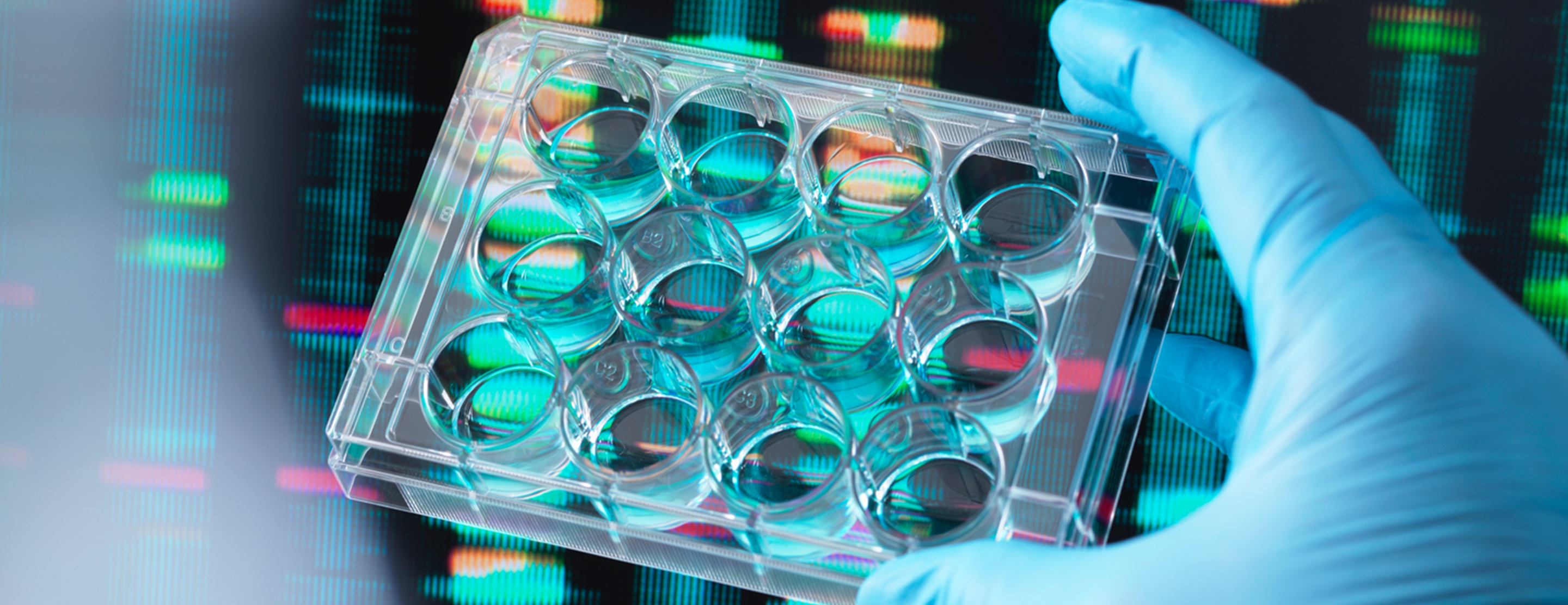
FAQ: Genetic Testing for Hereditary Cancer
- Am I required to have genetic testing if I see a genetic counselor?
- Why is genetic counseling an important part of genetic testing?
- What can I do if I learn I have an increased chance of getting cancer?
- I've already had cancer. What can I learn from genetic counseling?
- What about insurance discrimination and confidentiality?
Am I required to have genetic testing if I see a genetic counselor?
No. Genetic counseling involves a detailed evaluation of your family history and family medical records as well as education about hereditary cancer.
Following the initial consultation, some people decide to pursue genetic testing to learn more about the level of cancer risk in their family. Others learn that their family history is not suggestive of an inherited predisposition, or they choose to not pursue genetic testing at this time. These families can still benefit from receiving education about cancer risk, as well as personalized cancer screening and prevention guidelines.
Why is genetic counseling an important part of genetic testing?
There are many different genetic tests, so the counselor will help each person choose the test that is most appropriate based on their family history and type of information they are looking for. Also, genetic tests that are currently available cannot explain the strong history of cancer in many families. It is important to document the family history in detail so we can provide recommendations for early detection or prevention of cancer, even when genetic testing is not informative. Genetic counseling also addresses important aspects of testing, such as the implications and options for the patient and the impact on family members.
What can I do if I learn I have an increased chance of getting cancer?
There are a variety of options available to people who have an increased chance of cancer based on their family history or genetic testing results. These include increased screening or monitoring, chemoprevention – including medications that reduce the chance of cancer – and risk-reducing surgery. For people who have cancer, the results of genetic testing can sometimes affect the treatment plan.
There are also new methods of cancer detection and prevention that are being developed, some of which are available through the UCSF Cancer Genetics and Prevention Program as clinical trials. All of these options can be discussed in detail at your visit.
I've already had cancer. What can I learn from genetic counseling?
People who have already had cancer may learn about steps they can take to detect or reduce the chance of other cancers. For example, a hereditary predisposition to breast cancer can be associated with an increased chance of ovarian cancer.
Genetic counseling will also provide information about whether other family members have an increased chance of developing cancer. There are steps they can take to detect cancer early or prevent it from occurring.
What about insurance discrimination and confidentiality?
There are laws in California and most other states preventing health insurers from using genetic testing results to discriminate against individuals. This means that a health insurer cannot raise your rates, drop your coverage or deny you coverage based on the results of genetic testing.
In addition to the existing legal protection, the Cancer Genetics and Prevention Program has multiple procedures in place to protect the confidentiality of your genetic counseling and genetic testing information. The UCSF Notice of Privacy Practice booklet explains how we safeguard your privacy.
UCSF Health medical specialists have reviewed this information. It is for educational purposes only and is not intended to replace the advice of your doctor or other health care provider. We encourage you to discuss any questions or concerns you may have with your provider.
Hereditary Cancer Risk Calculator
To help patients determine if genetic testing is right for them, UCSF cancer experts developed a tool for patients to assess their hereditary cancer risk.
Calculate your risk











